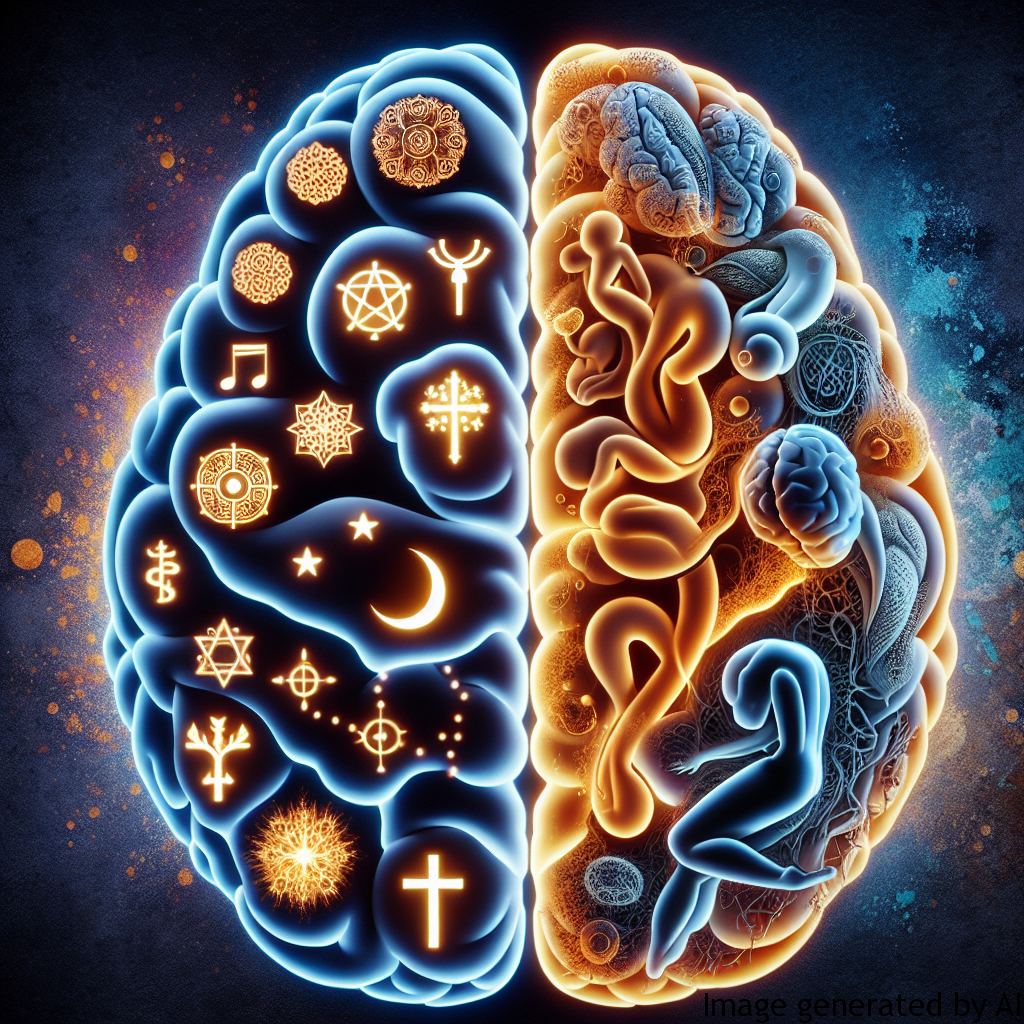Introduction
Libido, in psychological parlance, refers to an individual’s sexual drive or desire. It is influenced by a plethora of factors such as biological, social, and psychological elements. One askance perspective that is not often given much attention in analyzing libido is the influence of religious beliefs. This article aims to explore the impact of religious beliefs on the perception and expression of libido, with a particular focus on gender expectations and their role in men’s psychological health.
Description of Gender Expectations and Their Influence on Men’s Psychological Health
The Impact of Religious Beliefs on Gender Roles
Many religions have predetermined gender roles and expectations. Often, these roles have a profound influence on men’s perception of their sexuality and how they express their libido. For instance, in some religions, men are expected to be the initiators in sexual relationships, to be always ready and desiring, which can be a significant pressure that affects their mental health.
Psychological Health and Libido
The pressure of upholding these religiously-influenced gender norms related to sexuality can have a detrimental impact on men’s psychological health. Subsequent feelings of guilt, anxiety, or inadequacy could lead to sexual dysfunctions, lower self-esteem, anxiety disorders, and depressive tendencies.
Examples of How Gender Roles Can Affect Men’s Lives
Religion implicates certain behavioral norms that influence men’s expression of libido. For instance, in cultures where religious doctrines endorse male dominance, men may feel compelled to suppress their emotions and desist from expressing their sexual vulnerabilities, hurting their personal relationships. A lack of open communication about sexual needs can lead to dissatisfaction and stress, exacerbating psychological disturbances.
Improving Psychological Health Considering Gender Roles
Mental health practitioners suggest various remedies to counter the negative effects of gender roles on libido and psychological health influenced by religious beliefs. These include psychoeducation about healthy sexual norms, cultivating open communication about sexual needs and desires, and seeking professional help when needed. Practices like mindfulness and meditation can also help individuals cope with the pressures of religiously instigated gender expectations. It’s important to remember that there is no one-size-fits-all approach; what works best would depend on individual circumstances.
Conclusion
The interplay of religious beliefs, gender roles, and libido is complex. Understanding the profound impact religious beliefs can have on individuals’ expressions of libido and their psychological health can prompt more sensitive, informed discussions about sexual health and well-being. Respecting individual differences in expressing libido, challenging rigid and harmful gender norms, and promoting emotional intelligence are vital in fostering healthier expressions of sexuality and improved psychological wellness amidst cultural and religious diversity.

